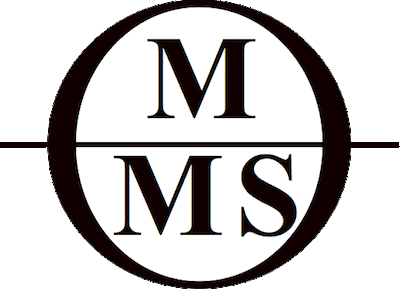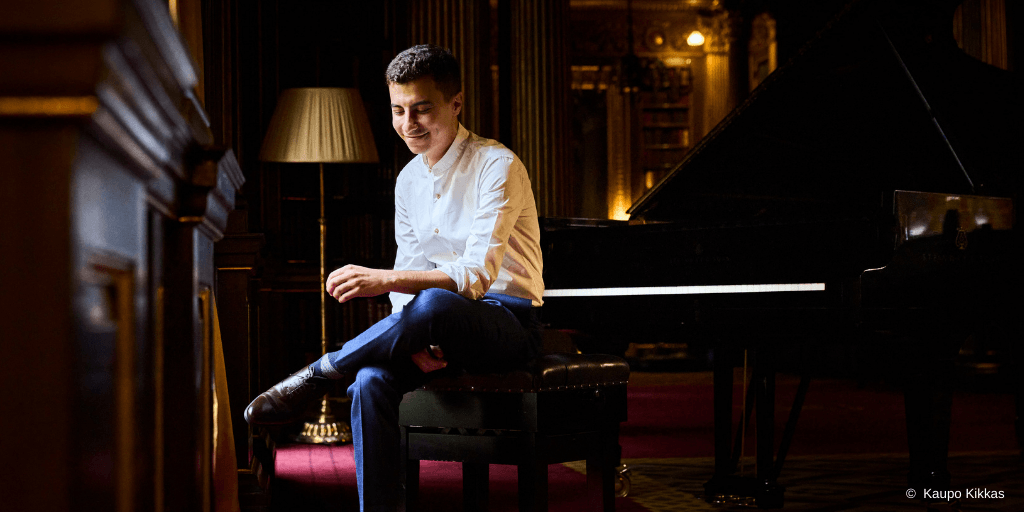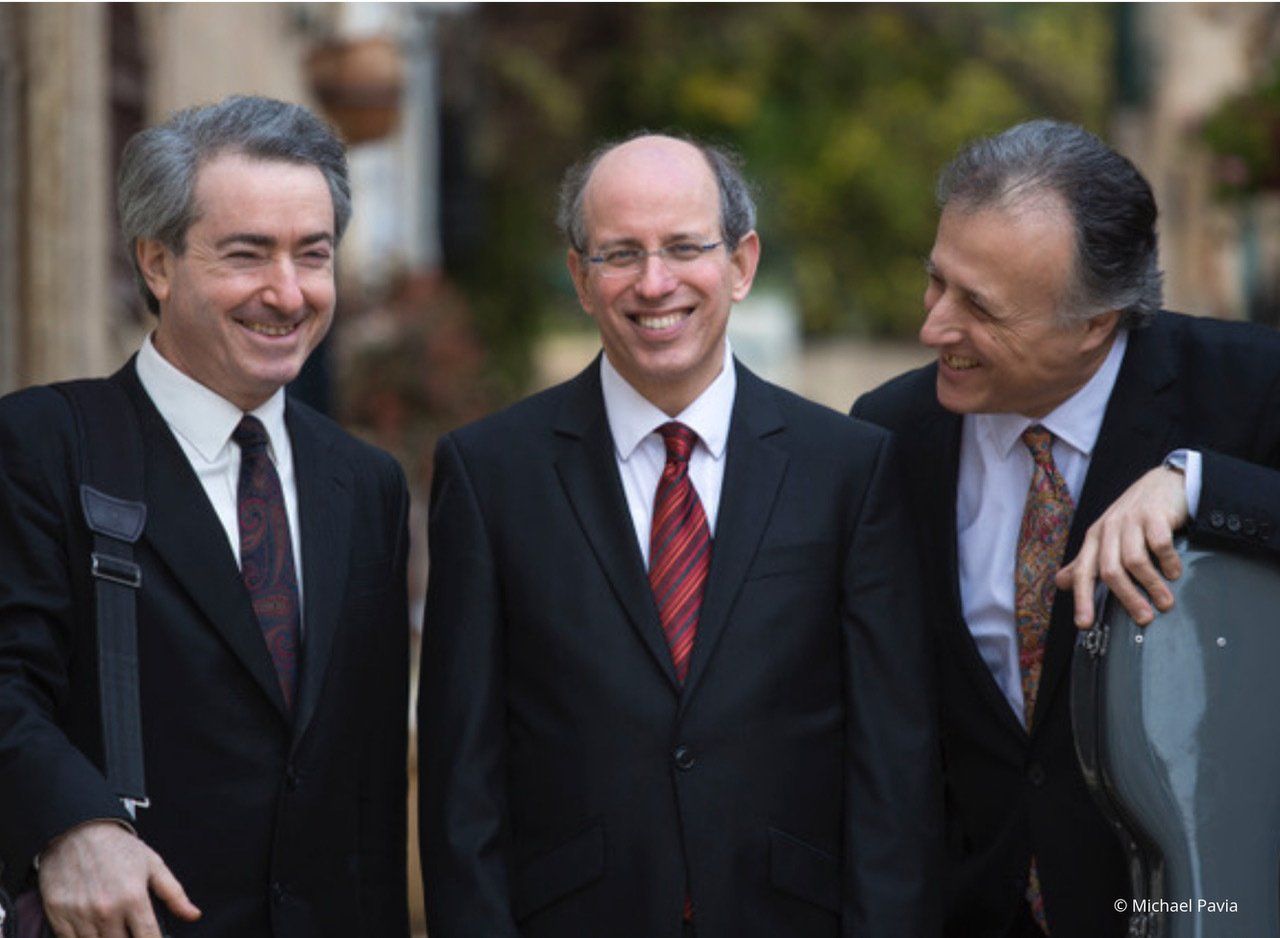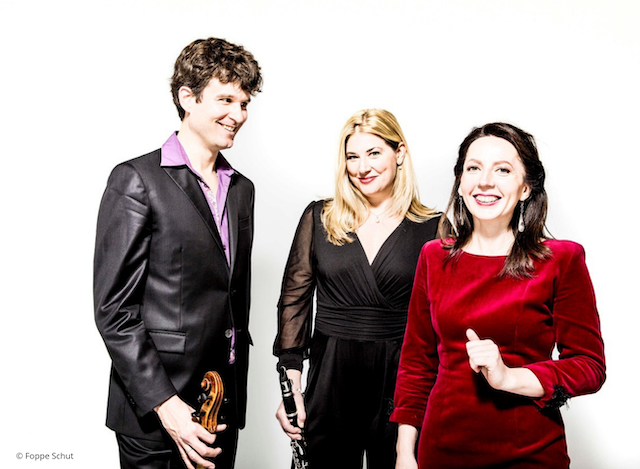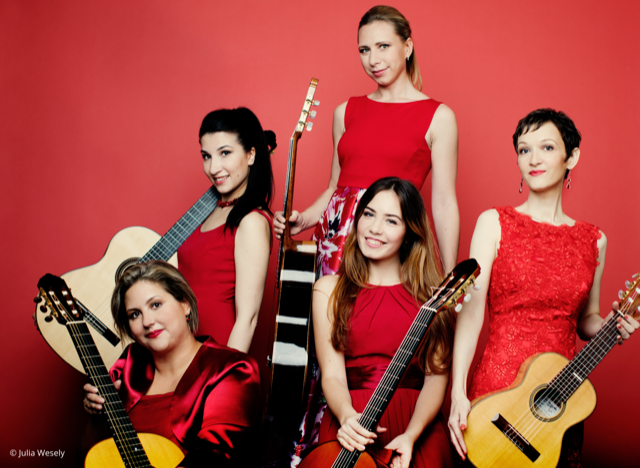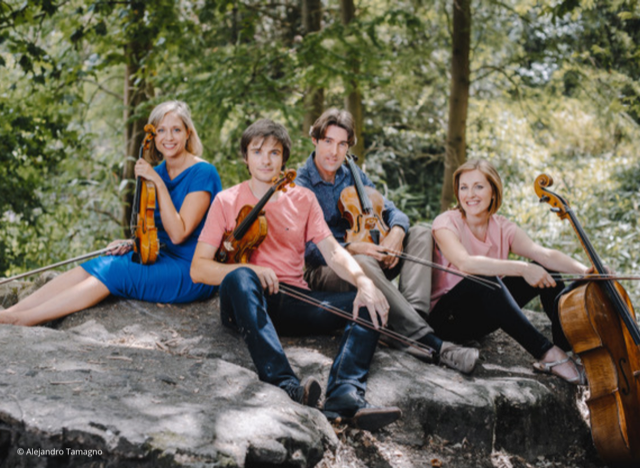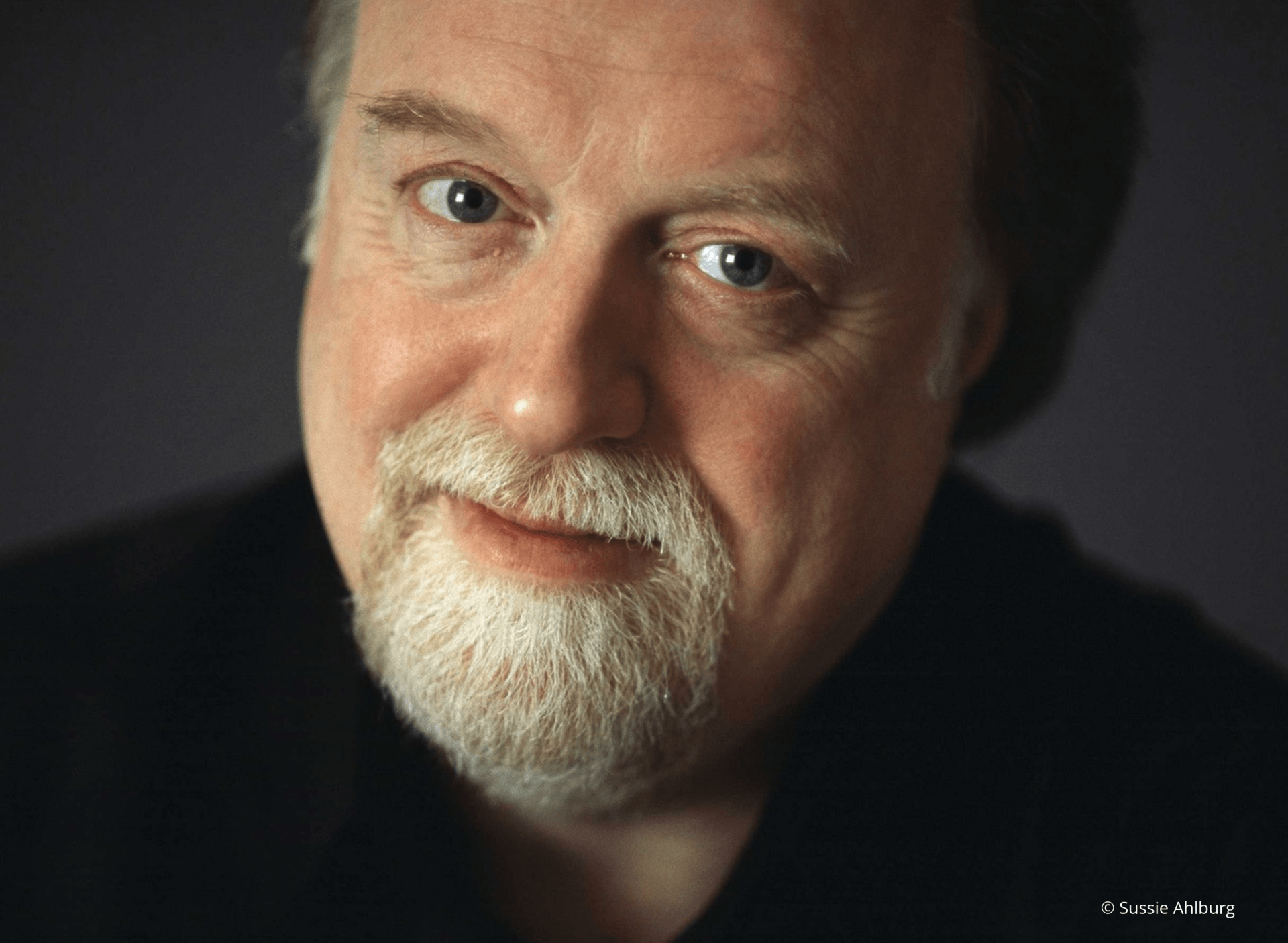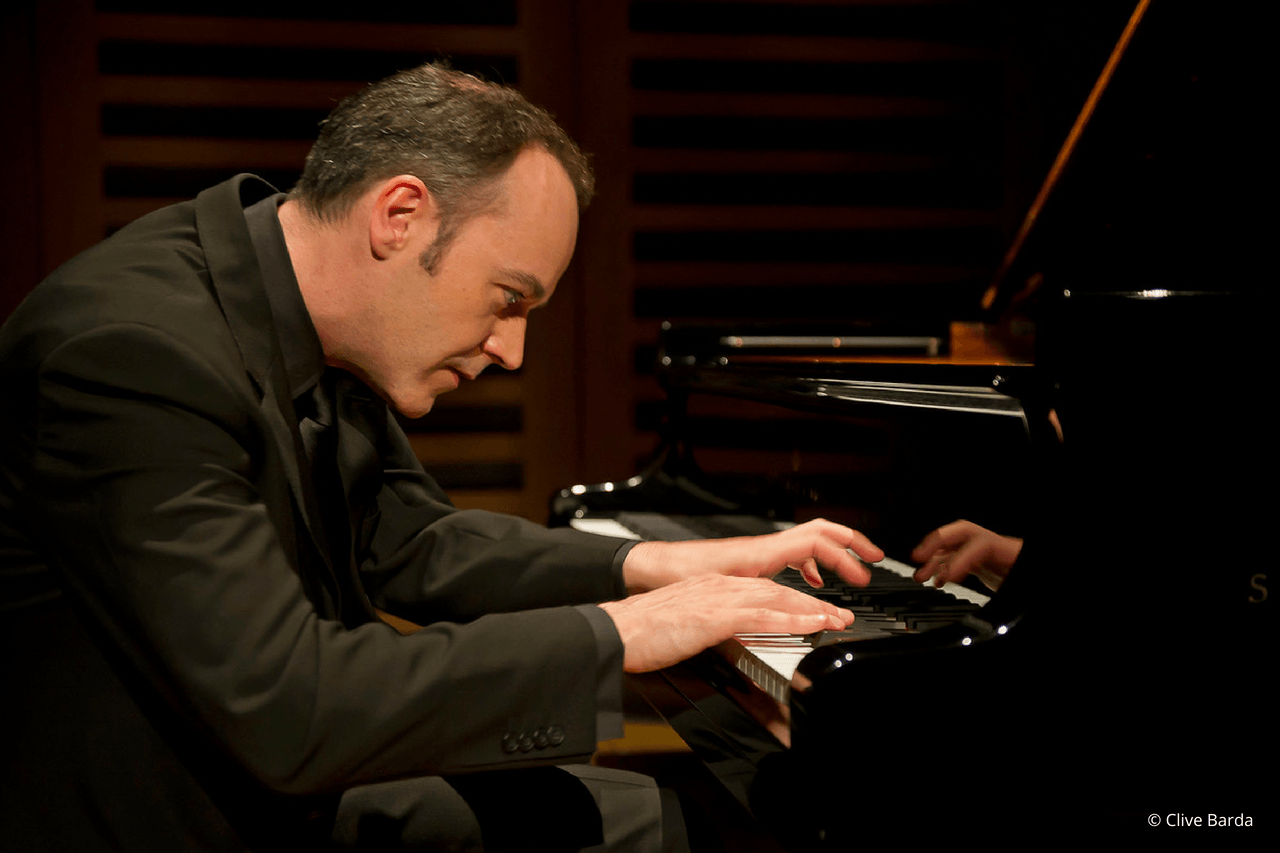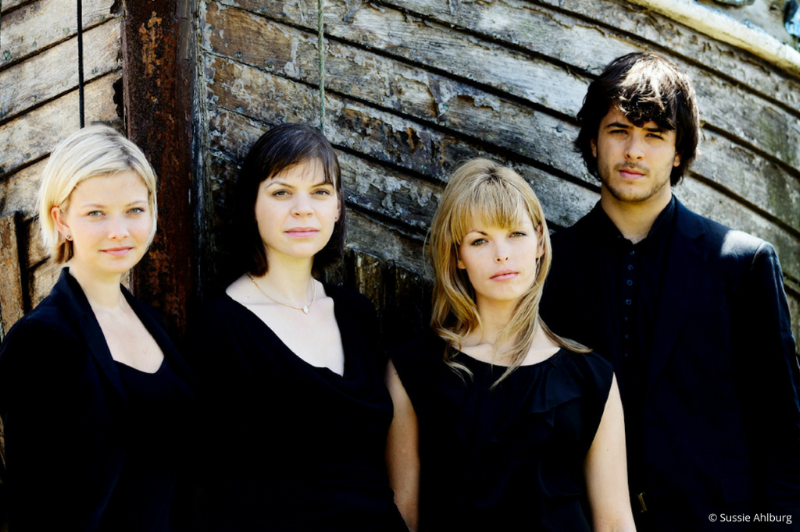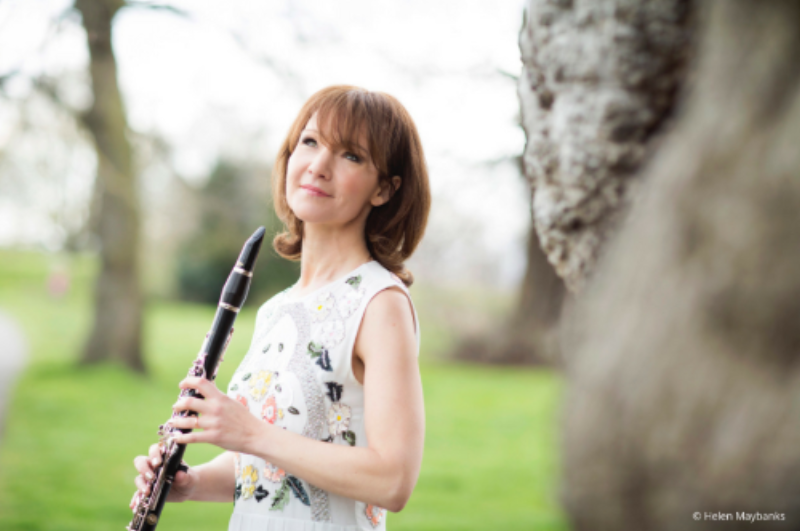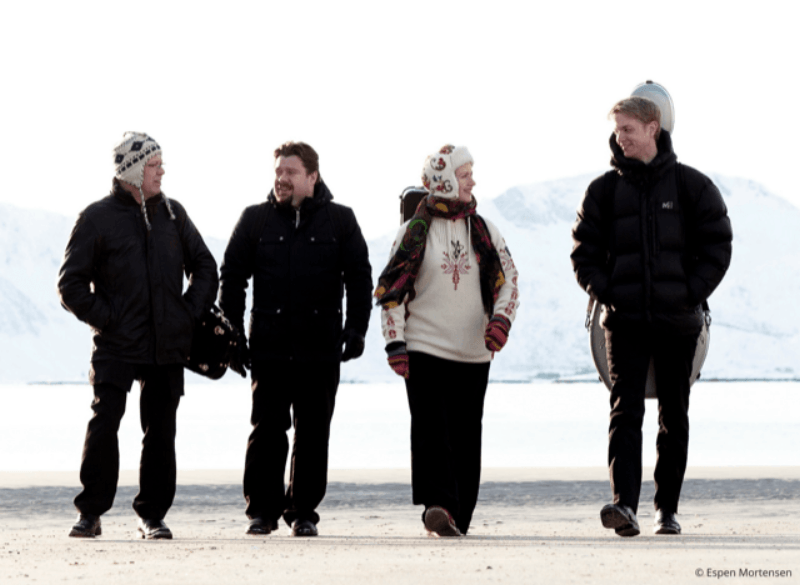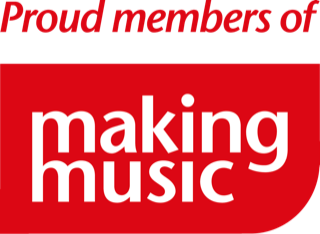Jamal Aliyev & Jâms Coleman - cello & piano recital
- by Allan Colver
- •
- 09 Apr, 2019
- •
Thursday 11th April 2019 at 7.30pm
Jamal Aliyev, from Azerbaijan, now studies at the Royal College of Music. In 2017 he made his debut at the BBC Proms. He plays on a Giovanni Battista Gabrielli cello (1756) on loan from the Beares International Violin Society. Jâms Coleman is a soloist, accompanist and repetiteur, with recitals at the Wigmore Hall and on Radio 3.
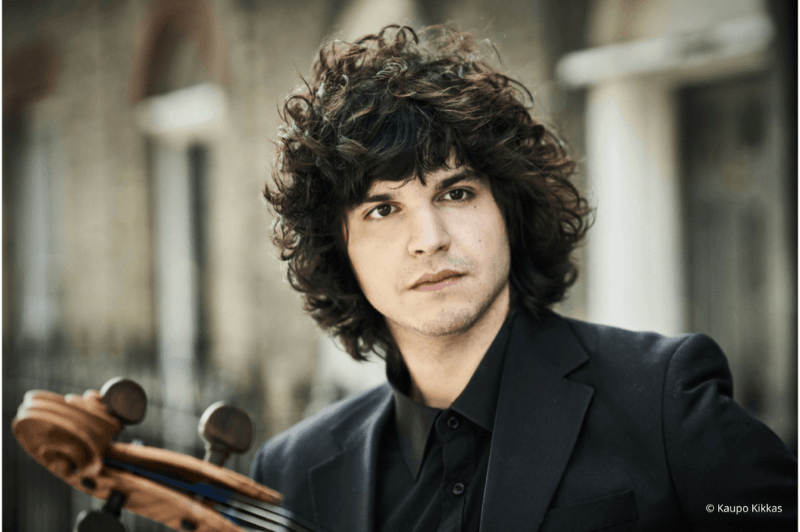
Find out more about the programme for our concert:
Sonata No 2 in G minor, Op. 5 Ludwig van Beethoven 1770-1827
i. Adagio sostenuto ed espressivo; ii. Allegro molto più tosto presto; iii. Rondo. Allegro (composed 1796)
Beethoven was a German composer and virtuoso pianist. A crucial figure in the transition betweenthe Classical and Romantic eras in Western music, he remains one of the most famous and influential of all composers. His best-known compositions include 9 symphonies, 5 piano concertos, 32 piano sonatas, and 16 string quartets. Born in Bonn, he lived there for 22 years. Befriending Haydn, he moved in 1792 to Vienna where he studied with Haydn. In about 1800 Beethoven’s hearing began to deteriorate, and by the last decade of his life he was almost totally deaf. The five Beethoven Cello Sonatas span all three periods of Beethoven’s life. I think they are the most beautiful examples in all music of conversations between two performing musicians.
In 1796, twenty-five year old Ludwig embarked on a five-month concert tour performing as a pianist. The tour included performances in Berlin at the court of King Friedrich II of Prussia, who was a music lover and an amateur cellist. Beethoven met two brilliant cellists there, the Duport brothers, Jean-Pierre and Jean-Louis. They owned a 1711 Stradivarius cello. None other than Napoleon insisted on trying the cello asking, ‘How the devil do you hold this thing, Monsieur Duport?’ To Duport’s horror, Napoleon made a small dent in the ribs of the cello, which still can be seen on the instrument today - most recently, Mstislav Rostropovich owned the instrument. Beethoven was so impressed by the music making of the Duport brothers that he wrote two cello sonatas for them in F and G minor, which were performed in Berlin in 1796, with Beethoven at the piano. There is debate as to whether Jean-Louis or Jean-Pierre performed the cello part.
The sonata has a slow introduction, which is expansive, amounting to an expressive and often dramatic fantasia. The first Allegro is an example of Beethoven’s predilection for including a wide range of diverse material within one movement. The restrained opening theme is soon interrupted by pounding quaver triplets which only end with the lead-in to the more song-like second subject. The finale is again a rondo, this time in 2/4 time and in G major, with a variety of lively rhythmic patterning and much rapid figuration in demi-semiquavers, culminating in a hectic coda.
'From Jewish Life' Ernest Bloch 1880-1959
1. Prayer: Andante moderato; 2. Supplication: Allegro non troppo; 3. Jewish Song: Moderato (composed 1924)
Bloch was born in Geneva to Jewish parents. He began playing the violin at age 9, and composing soon after. He studied music at the conservatory in Brussels. He then travelled around Europe, moving to Germany (where he studied composition), on to Paris in 1903 and back to Geneva before settling in the United States in 1916. In 1917, he became the first teacher of composition at Mannes School of Music. In December 1920 he was appointed the first Musical Director of the Cleveland Institute of Music, a post he held until 1925. In 1941, Bloch moved to the small coastal community of Agate Beach, Oregon and lived there the rest of his life. He taught and lectured at the University of California until 1951. He died in Portland, Oregon, of cancer at the age of 78.
‘From Jewish Life’ is a set of three short pieces, written for the cellist Hans Kindler. The first of these, Prayer, indeed has the flavour of a fervently sung prayer, or a hymn of petition, in a traditional Ashkenazi synagogue. The second piece, Supplication, exhibits a sense of urgency with its mild but fast-paced energy and rapid movement. It could be heard as representing either a passionate religious supplication in an hour of need or a pleading connected to some aspect of ordinary daily life. The plaintive, simple songlike character of the third movement, Jewish Song has a descending sequence which recalls the character of a typical eastern European Jewish folksong.
++++++ Interval of 25 minutes ++++++
Cello Sonata in D minor Frank Bridge 1879-1941
i. Allegro ben moderato; ii. Adagio ma non troppo (composed 1913-1917)
Bridge was born in Brighton and studied at the Royal College of Music in London under C V Stanford. He played the viola in a number of string quartets and conducted, sometimes deputising for Henry Wood, before devoting himself to composition. Bridge was a pacifist and was deeply disturbed by the First World War. Bridge privately tutored Benjamin Britten, who later paid homage to him in the Variations on a Theme of Frank Bridge (1937). Britten spoke highly of Bridge’s teaching, saying that he still felt he ‘hadn't come up to the technical standards’ that Bridge had set him. The sonata took Bridge four years to finish and two of his musician friends, the cellist Felix Salmond and pianist Harold Samuel, gave the first performance at London’s Wigmore Hall in 1917.
The opening movement, begun in 1913, starts with a soaring cello line and continues with periods of lyrical flights and accompaniment which add richness and tension. The contrasting second movement displays Bridge's great despair over the futility of war and the general state of the world. A recollection of the cellist Antonia Butler, who gave the French premiere in 1928, reveals the cause: ‘During the First World War, Bridge was in utter despair over the futility of war and the state of the world and would walk round Kensington in the early hours of the morning unable to get any rest or sleep, and the idea of the slow movement really came into being during that time’.
Sonata for Solo Cello György Ligeti 1923-2006
i. Dialogo; ii. Capriccio (composed 1948-1953)
Ligeti was a Hungarian-Austrian composer of contemporary classical music. He has been described as ‘one of the most important avant-garde composers in the latter half of the twentieth century’. Born in Romania, he lived first in Communist Hungary. He was restricted in his musical style by the authorities - this Sonata for Solo Cello was banned by the Composers’ Union for its modernity. Only when he reached Austria in 1956 could Ligeti fully realise his passion for avant-garde music and develop new compositional techniques. In 1973 he became professor of composition in Hamburg, where he worked until retiring in 1989. After experimenting with electronic music in Cologne, his breakthrough came with orchestral works such as Atmosphères, for which he used a technique he later dubbed micropolyphony. He is best known by the public through the use of his music in film soundtracks. Excerpts of his pieces were adapted for film use. The sound design of Stanley Kubrick's films, particularly the music of ‘2001: A Space Odyssey’, drew from his work.The sonata has two contrasting movements, the first composed in 1948 and the second in 1953. Dialogo is written without fixed metre and depicts a conversation between a man and a woman - a conversation focused on a small range of topics, it would appear, given the amount of repetition of the opening phrases. The second movement, Capriccio, is a strictly metered moto perpetuo in 3/8 time that pays tribute to the virtuoso exuberance of Paganini’s famous Caprices for violin.
Programme notes compiled from various sources.
Privacy policy
Registered charity (England & Wales) : 1048490
All Rights Reserved | Morpeth Music Society
